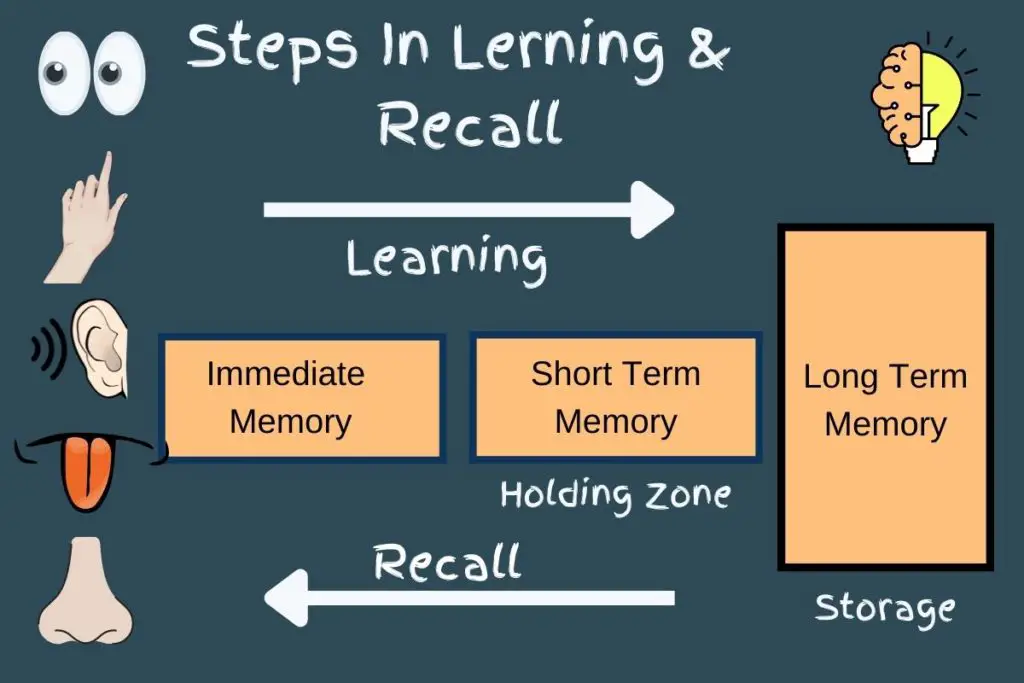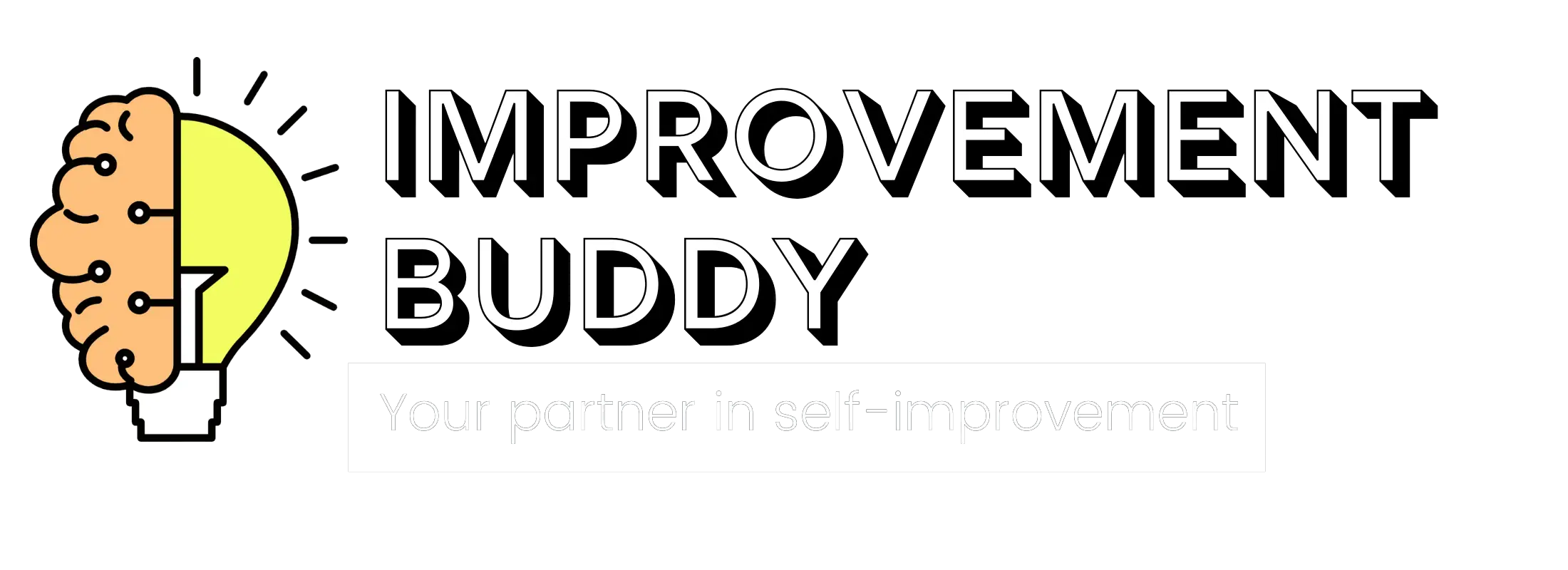Does Reading Improve Your Memory?

This post contains affiliate links.
We all know that reading is good for us. It helps to improve our writing skills, our grammar, and our vocabulary. But what about our memory? Does reading actually help to improve our memory?
The answer is yes! Reading does help to improve our memory. In fact, studies have shown that people who regularly participate in mental challenges have better memories than those who don’t.
Ahead, we will discuss how your memory works and how reading improves your memory. I will also share with your some books that help you train your brain that you might be interested in.
What Is Memory and How It Works
Your memory is like a filing cabinet where you store all of your past experiences and the things you pay attention to.
When you want to remember something, you go to the filing cabinet and pull out the relevant file.
There are three processes for using memory:

- Learning – refers to using your senses to encode information (e.g. reading, smelling, hearing, tasting)
- Storage – refers to the storing of information in the long term memory
- Retrieval – refers to accessing the stored information
Any time we’re awake, our senses are bombarded with information. This information gets held in the short-term memory.
For our brain to be efficient, most of the information obtained by our senses gets deleted because it’s not something that’s important to us.
That’s why you don’t remember everything you touched, smelled, or heard yesterday. It’s our brain’s way of saving memory space for the things that matter.
The things we do pay attention to get encoded into our long-term memory and become available for later retrieval.
The books you read, the processes you practiced, the notes you took and reread. Those are things that you paid attention to and applied effort on.
The Benefits of Reading on Memory
Improves Your Memory
One of the benefits of reading is that it helps to improve your memory.
According to Dr. Gary Small, author of The Memory Bible, the way to force a piece of information into your long-term memory is by organizing and actively rehearsing it into your long-term memory.
When you read, you are actively engaged in the process of encoding. You are using your senses to take in the information on the page and store it in your long-term memory.
Much like your muscles becoming stronger when you go to the gym, your brain becomes stronger with mental exercises—like reading.
In other words, the more you use your brain, the better it works.
In addition to encoding, reading also helps with retrieval.
The more you read, the easier it becomes to retrieve information from your long-term memory.
This is because reading activates the neural pathways in your brain that are associated with the information you are reading.
This is why it is often easier to remember something if you have read it multiple times.
So, not only does reading help you to store information in your long-term memory, but it also makes it easier for you to access that information when you need it.
Protects Your Brain From Memory Loss
In an article published by the Alzheimer’s Research Foundation, they mentioned a study that revealed engaging in challenging mental exercises such as reading keeps Alzheimer’s at bay.
A similar study published in 2018 also revealed that regular intellectual activities like reading help prevent or delay dementia.
These researches prove that reading protects your brain from neurological diseases. But do they protect your brain against age-related memory loss?
A 2013 study revealed that frequent cognitive activities also slow down late-life cognitive decline independent of neurological diseases.
This is because reading helps to keep your brain active and engaged, which in turn, protects your brain from memory loss.
5 Reading Tips To Help Improve Memory
Now that we’ve established that reading not only improves your memory but also protects your brain from neurological diseases and age-related memory loss, it’s time to use reading to benefit our memory.
Here are some reading tips to improve your memory:
Tip #1 Read regularly – Make reading a habit. The more you read, the better it is for your memory.
Tip #2 Read something challenging – Don’t just stick to easy reads. Picking up a challenging book will help to keep your brain active and engaged.
Tip #3 Take notes while you read – Annotating what you read will help you to remember the information better.
Tip #4 Discuss what you’ve read with others – Talking about what you’ve read helps to solidify the information in your memory.
Tip #5 Test yourself – Quizzing yourself on the material you’ve read will also help to improve your memory.
Books That Help Improve Your Memory

Because our topic is reading and how it affects our memory, I’d like to recommend a book that can help you understand more about the topic as well as give you exercises to boost your memory.
The first book is The Memory Bible which I mentioned above. It contains a lot of studies about how cognitive exercises can help protect and boost memory as well as some memory tricks used by those with gifted “photographic memory” (he claims it’s a myth, by the way).
The second book is Limitless by Jim Kwik, a respected memory expert that is known for working with Hollywood stars. In his book, Jim shares his life story and how he got into being a memory coach as well as some very useful strategies to learn faster and more efficiently.
If you think both books are a handful to read, there’s another way you can extract the information out of those books and engage in intellectual activity. That is audiobooks.
Audiobooks allow you to read books while you’re doing non cognitively demanding activities such as washing your dishes, doing your laundry, driving a car, or getting a good workout.
Both books are available on Audible, the world’s largest audiobook platform. And you can read those books for free if you sign up for Audible’s 30-day free trial. You can cancel anytime free of charge.
Conclusion
Everyone can benefit from a good memory. And while there are other ways to improve it, reading is one of the easiest and most enjoyable ways to do so.
So pick up a book today and start reaping the benefits!






